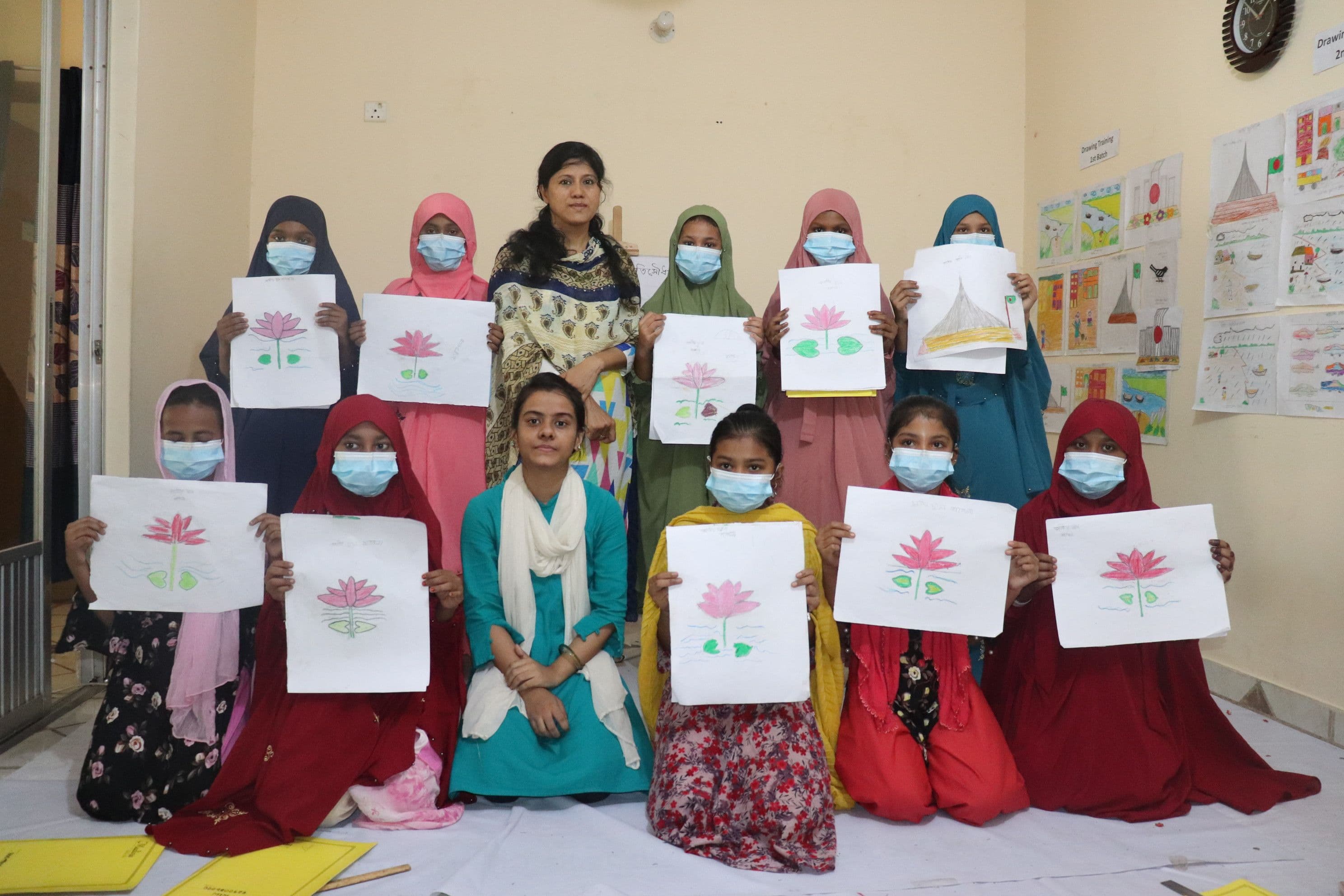"Among those surveyed, 76.78 per cent expressed willingness to vote in the next election. About 5.9 per cent remain undecided, while 4.14 per cent said they would not vote. Another 13.98 per cent are not yet registered voters."
SANEM and ActionAid conducted the survey in all eight division of the country
A survey conducted among young people has revealed their views on which political party might secure what percentage of votes in the upcoming national election.
The opinions of 2,000 young individuals aged between 15 and 35—both male and female—were taken into account.
According to these respondents, the Bangladesh Nationalist Party (BNP) is expected to receive the highest share of votes at 38.76 per cent in the next election.
They estimate that Bangladesh Jamaat-e-Islami will get 21.45 per cent of the votes, followed by the National Citizen Party (NCP) at 15.84 per cent.
In addition, if the Awami League, which is currently banned and has its registration suspended, were allowed to contest, it too would receive 15.84 per cent of the vote, the respondents said. Other Islamic parties are expected to gain around 4.59 per cent.
Among those surveyed, 76.78 per cent expressed willingness to vote in the next election. About 5.9 per cent remain undecided, while 4.14 per cent said they would not vote. Another 13.98 per cent are not yet registered voters.
The survey was jointly conducted by the South Asian Network on Economic Modeling (SANEM) and ActionAid Bangladesh between 20 and 31 May this year.
Respondents were selected from two districts in each of the country’s eight divisions, with two upazilas chosen from each district.
Presenting the survey results in Dhaka on Monday, SANEM executive director Selim Raihan said that this survey aimed to capture the perspectives of young people aged 15 to 35 only.
He further said the opinions reflected there were limited to the selected respondents and should not be interpreted as representative of the entire population, particularly in sensitive matters such as politics.
The survey, which was conducted in the wake of the July uprising, focused on youth perspectives around employment, education, and the political situation.
The results were presented at BRAC Centre Inn in Mohakhali by SANEM research associate Safa Tasnim. Representatives from various youth organisations also participated in the event.
The survey revealed that 87.4 per cent of respondents get their political information from social media.
When asked whether youth-led political parties could bring positive change compared to traditional parties, over 42 per cent of young people responded positively.
However, when asked whether existing political parties reflect the needs and aspirations of the youth, 40.24 per cent were unsure, and over 30 per cent said that parties represent youth interests only partially.
Around 60 per cent of young people surveyed said they want political parties to reform and end patronage, nepotism, and political violence.
Opinions on religion-based politics were split, with 51.77 per cent believing it supports Bangladesh’s development, while 48.23 per cent disagreed. About 38.3 per cent of respondents said they were concerned about the growing influence of religion-based political parties.
Some 11.4 per cent said they were not concerned at all, and 30 per cent said they were either occasionally concerned or had no opinion.
In response to how soon religion-based political parties might come to power in Bangladesh, over 39 per cent said they didn’t know, and 22.5 per cent said “never”. However, more than 11 per cent said it could happen within five years.
At the event, ActionAid Bangladesh Country Director Farah Kabir said that the motivation behind young people entering politics matters: whether they are driven by ideals and a desire for change or by the pursuit of personal gain.
She remarked that young people have always been at the forefront of mass uprisings, yet are often absent when it comes to policymaking.
Selim Raihan noted that if key actors fail to make the most of this political moment, no meaningful change will take place, and the hopes raised by the July uprising will remain unfulfilled.
He stressed the importance of using this transitional period wisely, particularly in envisioning a new Bangladesh.



